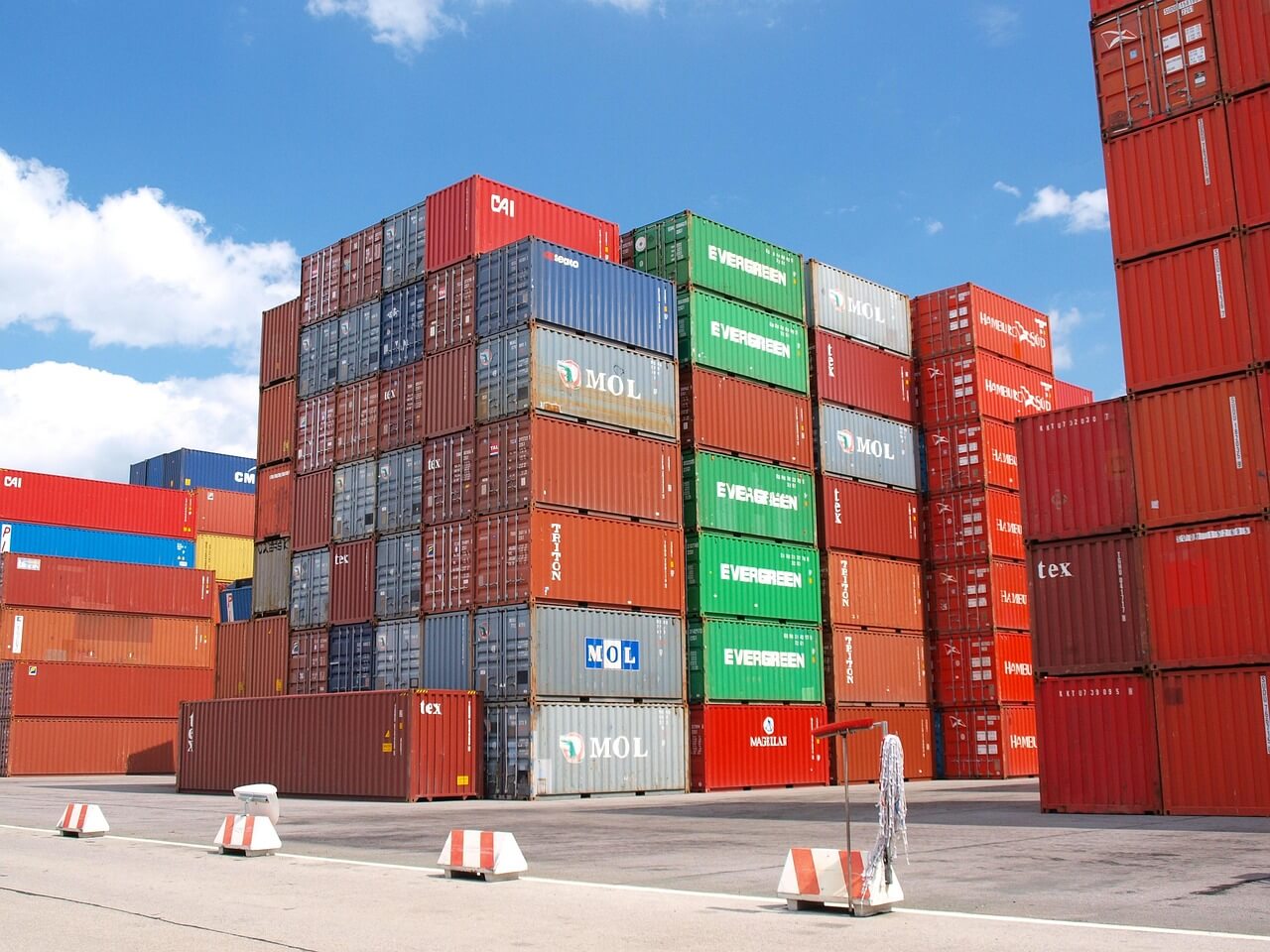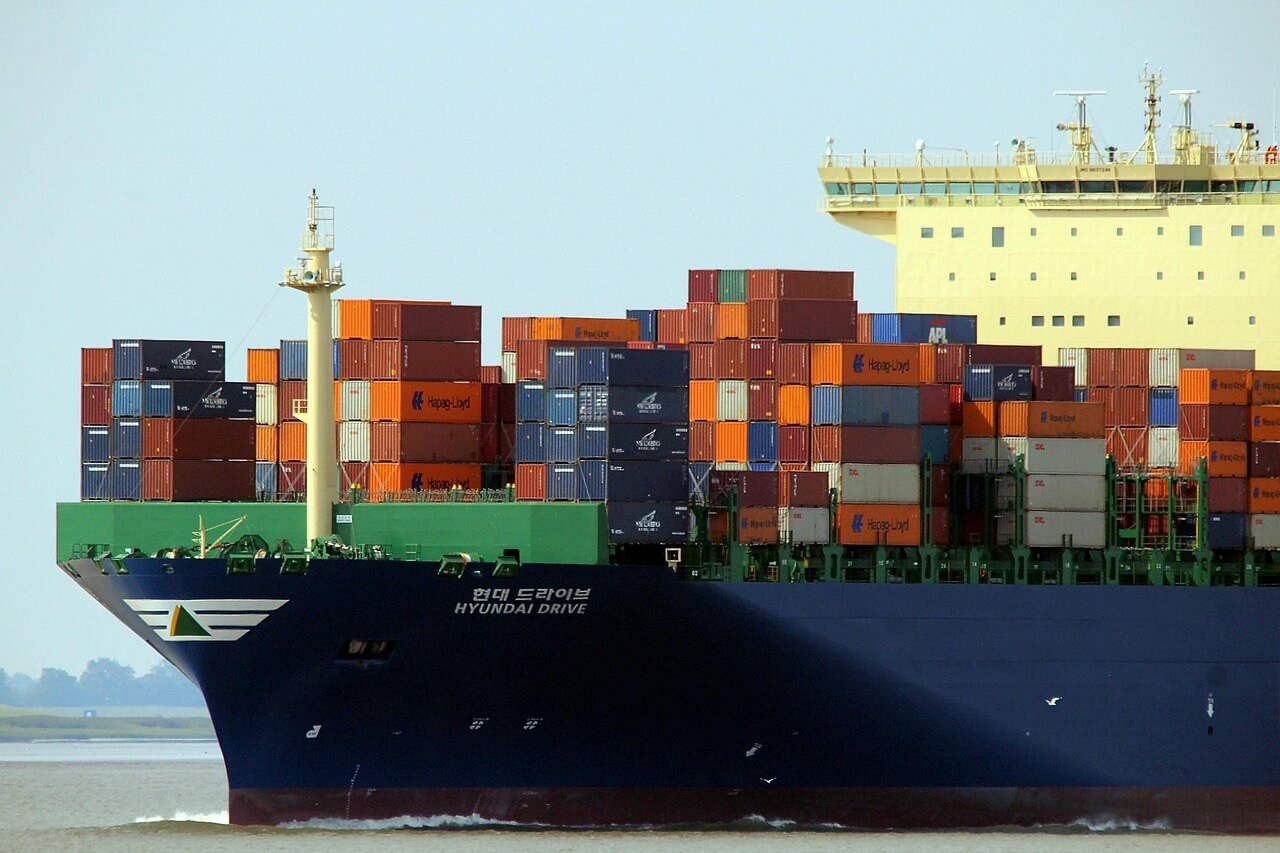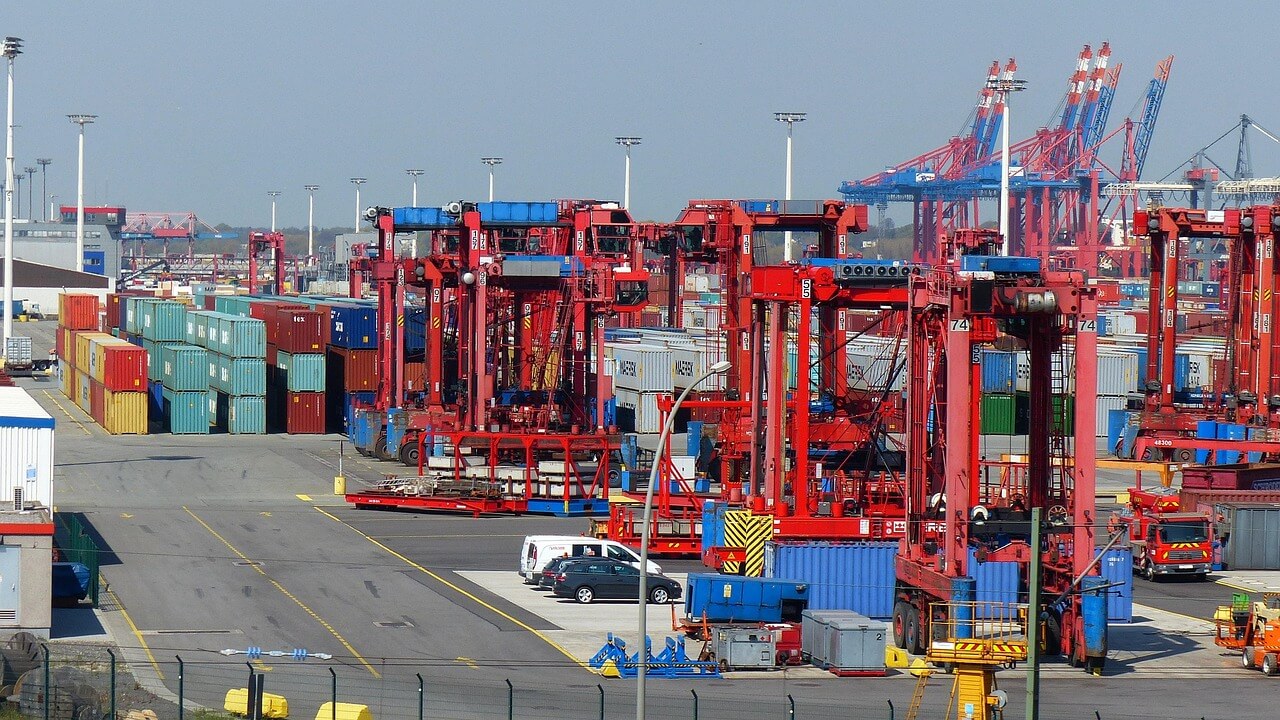
28
Apr
What are the precautions for Qatar freight forwarding export express shipping fees?
EXPORT FREIGHT FORWARDING FEES IN QATAR: NOTABLES AND GUIDANCE
Context:
As businesses expand their reach globally, Qatar, with its growing trade and logistics sector, has become an important hub for import and export activities. Understanding the intricacies of freight forwarding fees in Qatar is crucial for businesses looking to capitalize on its strategic location and efficient logistics infrastructure.
Key Points to Consider:
1. Understanding Basic Freight Fees: It is essential to have a fundamental understanding of the different components that constitute freight forwarding fees in Qatar. These usually include basic transportation costs, handling and loading/unloading charges, customs clearance fees, and any additional local charges that may apply.
2. Research and Market Comparison: Before committing to a freight forwarder, it is important to conduct thorough market research and compare rates offered by different freight forwarders in Qatar. This will help you identify the most cost-effective option without compromising on quality of service.
3. Review Contractual Terms: Ensure to carefully review any contractual agreements with freight forwarders, as these documents will outline the specific responsibilities of both parties, including payment terms, liability issues, and any hidden costs that may be associated with the service.
4. Customs Clearance Procedures: Qatar has its own set of customs clearance procedures and regulations that must be adhered to. It is important to work with a freight forwarder who is well-informed about these procedures and can guide you through the process to ensure smooth exportation without any delays or penalties.
5. Consider Transit Time and Risks: When calculating the total cost of exporting goods to Qatar, it is not only the freight forwarding fees that need to be considered but also the transit time and any risks associated with the shipment. A reliable freight forwarder should be able to provide you with accurate estimates of transit time and also offer solutions to mitigate risks.
6. Communication and Coordination: Effective communication and coordination between the shipper, freight forwarder, and other relevant parties involved in the shipment process is crucial. This ensures that all parties are on the same page, reducing the chances of any misunderstandings or delays.
7. Local Knowledge: It is beneficial to work with a freight forwarder that has local knowledge of Qatar’s logistics sector. They will be aware of any local practices or customs that could affect the smooth operation of your shipment.
Conclusion:
Exporting goods to Qatar can be a lucrative opportunity for businesses, but it is important to have a clear understanding of the freight forwarding fees involved and the associated processes. By following the above guidelines, businesses can ensure a smooth export process, minimizing costs and maximizing efficiency.
Context:
As businesses expand their reach globally, Qatar, with its growing trade and logistics sector, has become an important hub for import and export activities. Understanding the intricacies of freight forwarding fees in Qatar is crucial for businesses looking to capitalize on its strategic location and efficient logistics infrastructure.
Key Points to Consider:
1. Understanding Basic Freight Fees: It is essential to have a fundamental understanding of the different components that constitute freight forwarding fees in Qatar. These usually include basic transportation costs, handling and loading/unloading charges, customs clearance fees, and any additional local charges that may apply.
2. Research and Market Comparison: Before committing to a freight forwarder, it is important to conduct thorough market research and compare rates offered by different freight forwarders in Qatar. This will help you identify the most cost-effective option without compromising on quality of service.
3. Review Contractual Terms: Ensure to carefully review any contractual agreements with freight forwarders, as these documents will outline the specific responsibilities of both parties, including payment terms, liability issues, and any hidden costs that may be associated with the service.
4. Customs Clearance Procedures: Qatar has its own set of customs clearance procedures and regulations that must be adhered to. It is important to work with a freight forwarder who is well-informed about these procedures and can guide you through the process to ensure smooth exportation without any delays or penalties.
5. Consider Transit Time and Risks: When calculating the total cost of exporting goods to Qatar, it is not only the freight forwarding fees that need to be considered but also the transit time and any risks associated with the shipment. A reliable freight forwarder should be able to provide you with accurate estimates of transit time and also offer solutions to mitigate risks.
6. Communication and Coordination: Effective communication and coordination between the shipper, freight forwarder, and other relevant parties involved in the shipment process is crucial. This ensures that all parties are on the same page, reducing the chances of any misunderstandings or delays.
7. Local Knowledge: It is beneficial to work with a freight forwarder that has local knowledge of Qatar’s logistics sector. They will be aware of any local practices or customs that could affect the smooth operation of your shipment.
Conclusion:
Exporting goods to Qatar can be a lucrative opportunity for businesses, but it is important to have a clear understanding of the freight forwarding fees involved and the associated processes. By following the above guidelines, businesses can ensure a smooth export process, minimizing costs and maximizing efficiency.
LEAVE YOUR COMMENT
categories
recentpost
-
 How can freight forwarders achieve efficient logistics and shipping from China to Tanzania?Apr 30,2025
How can freight forwarders achieve efficient logistics and shipping from China to Tanzania?Apr 30,2025 -
 What are the guarantee measures for transportation and transaction services from China to the UnitedApr 30,2025
What are the guarantee measures for transportation and transaction services from China to the UnitedApr 30,2025 -
 How is the international freight delivery service for transporting goods to Saudi Arabia?Apr 30,2025
How is the international freight delivery service for transporting goods to Saudi Arabia?Apr 30,2025 -
 What is the delivery time for international freight from China to Kenya?Apr 30,2025
What is the delivery time for international freight from China to Kenya?Apr 30,2025 -
 What is the customs clearance process for global land transportation from China to the United Arab EApr 30,2025
What is the customs clearance process for global land transportation from China to the United Arab EApr 30,2025 -
 Shipping Guide from China to Qatar: How to Calculate LCL Shipping Cost?Apr 30,2025
Shipping Guide from China to Qatar: How to Calculate LCL Shipping Cost?Apr 30,2025

